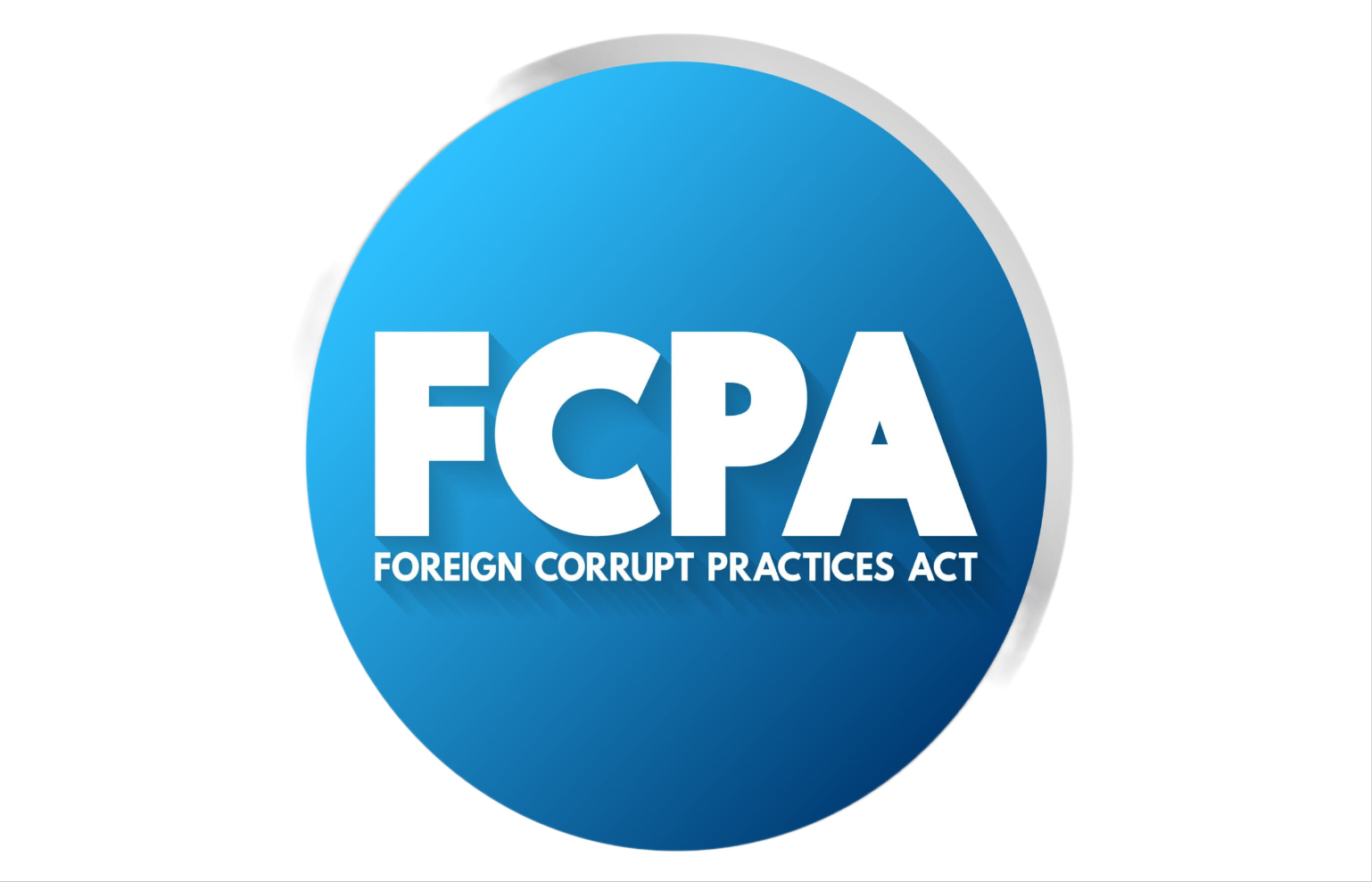In my February 17, 2025, blog post titled ‘DOJ’s Focus on Foreign Corrupt Practices Act Enforcement Retooled,’ I discussed a significant shift in enforcement priorities under the Foreign Corrupt Practices Act (FCPA), 15 U.S.C. § 78dd-1 et seq., following Executive Order “Pausing Foreign Corrupt Practices Act Enforcement to Further American Economic and National Security” issued on February 10, 2025.
That review was led by Deputy Attorney General Todd Blanche, who recently announced the results. According to DAG Blanche, the Department is closing approximately half of its open investigations into corporate bribery abroad. It will now concentrate its efforts on cases that directly threaten U.S. national security and economic competitiveness, rather than broadly investigating corporate wrongdoing overseas.
This move marks a clear departure from prior enforcement strategies and has sparked considerable debate among legal experts, policy analysts, and watchdog organizations. Blanche defended the policy shift by stating that the previous administration under Attorney General Merrick Garland had launched too many FCPA investigations—an approach he claims burdened American businesses and conflicted with national interests. Recent closures include a case involving Bombardier terminating a previously active investigation.
This refocused strategy, officials argue, will enable the Justice Department to reallocate resources to more significant prosecutions, particularly those that involve national economic interests. The department also indicated that it would rely more heavily on local law enforcement and regulatory bodies for certain investigations when appropriate.
However, this narrowing of FCPA enforcement has drawn sharp criticism from good government advocates and legal scholars. Some have labeled the move a perversion of justice and warned that it could open the door for unchecked corporate corruption abroad. These analysts contend that American corporations will interpret this new DOJ focus as meaning they can engage in criminal bribery schemes abroad without fear of detection or prosecution in the United States.
Despite these concerns, senior DOJ officials maintain that the department is not retreating from prosecuting corporate crime. Matthew R. Galeotti, head of the DOJ’s Criminal Division, emphasized at a recent SIFMA Anti-Money Laundering and Financial Crimes Conference in Manhattan, that meritorious investigations will proceed and that the department remains committed to aggressively pursuing white-collar crime. He also highlighted a new policy of leniency for companies that self-report offenses in good faith—a move he said has already yielded valuable whistleblower information in sectors ranging from healthcare to procurement.
Galeotti cautioned corporate attorneys not to misinterpret the DOJ’s new posture as an invitation to seek favorable plea deals prematurely or to fabricate claims of misconduct for negotiating leverage. “We will vigorously pursue these investigations and open new ones,” he affirmed.
The DOJ’s change in direction reflects a broader recalibration of federal enforcement priorities, placing economic and strategic concerns at the forefront of legal decision-making. Whether this recalibrated approach will enhance fairness and accountability-or merely diminish corporate oversight-remains subject to ongoing scrutiny.


